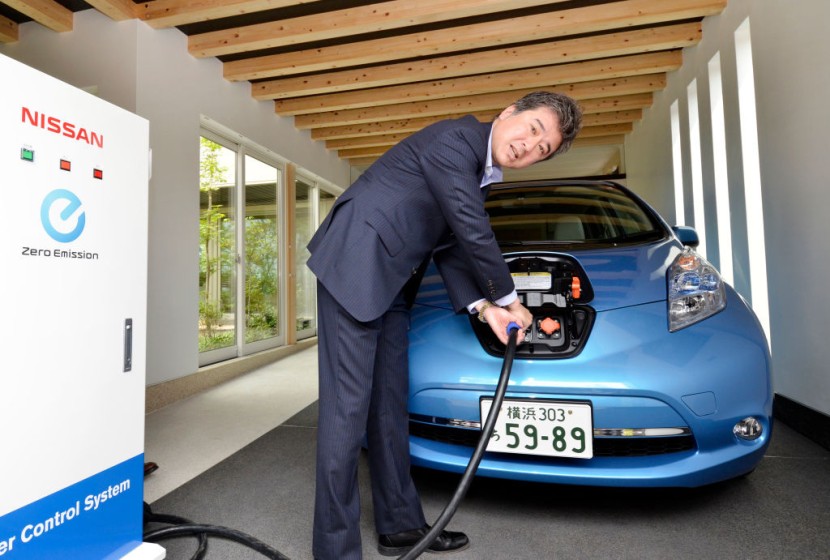With a plant that could produce four cars a day, Siam Motors of Thailand teamed up with Nissan Motor in 1962, beginning a successful, long-lasting partnership with Japanese firms that turned it from a car dealer to an automotive pioneer.
However, the Thai family-owned firm is now looking at opportunities elsewhere after growing annual revenues to $7 billion as a result of that achievement, as reported by Reuters.
Vice president Sebastien Dupuy stated in an interview that Siam Motors is in conversations with numerous Chinese automakers about prospective partnerships, notably for high-end electric vehicles.
In Thailand, where Chinese investments totaling $1.44 billion since 2020, including those of BYD and Great Wall Motor, have opened a new front in a market that Japanese automakers have previously controlled, Siam Motors' position underscores a rapid transformation that is currently under place.
The Change in EVs in Thailand
Siam Motors' position illustrates the swift change that has taken place in Thailand since 2020, when Chinese investments totaling $1.44 billion, including those made by BYD and Great Wall Motor, opened a new front in a market that was previously dominated by Japanese manufacturers.

Japanese automakers are now in a fight for another important Asian market as a result of their cautious approach to EVs, according to registration data, industry officials, and analysts, which comes just after a sales crisis in China.
Thailand's car sector is already beginning to change as Chinese EV manufacturers bring in their suppliers and local Thai businesses, particularly those with strong ties to Japanese enterprises like Siam Motors, look for new collaborations.
Following Indonesia as the largest sales market, Thailand is Southeast Asia's top producer and exporter of automobiles. Due to their overwhelming market share, Japanese automakers have treated it nearly as an extension of their own market for decades.
But because of BYD's investment in a new facility scheduled to open in 2024 and the government of Thailand's aggressive efforts to attract Chinese EV companies, China eclipsed Japan as the country with the largest foreign investment in Thailand last year.
As Chinese automakers boost exports and create overseas production hubs, partially in reaction to a hypercompetitive domestic market for electric cars, Thailand's transition provides a test case for other economies.
With intentions to become the primary regional production base, Thailand is aggressively pursuing investment in order to convert about 30% of its 2.5 million annual car production to EVs by 2030.
Read also : France Takes Step Towards Electric Vehicle Future with Inauguration of First Gigafactory
What Thailand is Doing
Thailand has been luring Chinese EV manufacturers with its ready subsidies and established supply infrastructure, which was mostly created for Japanese automakers.
These include reduced import duties in exchange for subsequent local assembly and a few tax advantages for EV production.
As of May 31, the 14 projects from 13 firms that have received approval from the BOI have a combined yearly production capacity of 276,640 EVs.
According to Narong Sritalayon, managing director of its Thailand division, Great Wall chose Thailand as a regional hub for EVs due to the nation's excellent infrastructure, supply, and skill base, as well as its growth prospects.
Related article : China to Offer $72 Billion Tax Break for EVs to Boost Demand








